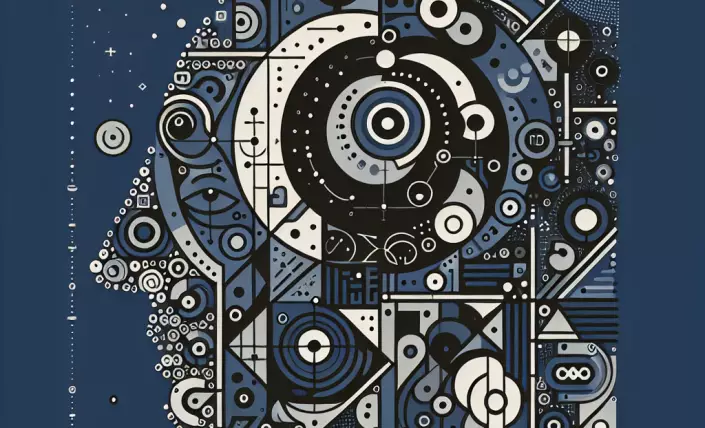In an age where the allure of rapid change and technological advancement captures our attention, the notion of tradition often seems antiquated or even irrelevant. Yet, as we delve into the philosophical teachings of Russell Kirk, it becomes evident that tradition holds a profound and often underestimated power in shaping the fabric of our modern lives. Kirk, a stalwart of conservative thought, invites us to reconsider the role of tradition not as a static remnant of the past but as a dynamic force that informs our present and guides our future.
Kirk's philosophy is deeply rooted in the belief that tradition is essential for the continuity of societal values and moral order. He asserts that tradition is not merely a collection of obsolete customs but a living testament to human experience and wisdom accumulated over generations. Through tradition, we inherit a wealth of knowledge that provides a framework for understanding the complexities of human existence. This inheritance, according to Kirk, is crucial not only for individual identity but also for the cohesion and stability of society as a whole.
In examining the role of tradition, Kirk challenges the modern inclination towards radical individualism and the dismissal of historical wisdom. He argues that by severing ties with tradition, we risk losing the moral and ethical compass that has guided humanity through tumultuous times. Tradition offers a sense of belonging and continuity, anchoring us in a shared history that transcends the ephemeral nature of contemporary culture. It acts as a bridge between the past and the future, reminding us of our place within a broader narrative that extends beyond our immediate desires and aspirations.
Kirk's reflections on tradition also emphasize the importance of humility and reverence in approaching the past. In a society that often prizes innovation over reflection, Kirk encourages us to cultivate an attitude of gratitude for the wisdom bequeathed to us by our ancestors. This gratitude does not imply blind adherence to outdated practices but rather a thoughtful engagement with the lessons of history. By doing so, we can discern which elements of tradition remain relevant and beneficial in addressing the challenges of modern life.
Furthermore, Kirk highlights the role of tradition in fostering a sense of community. In an increasingly fragmented world, tradition serves as a unifying force that brings individuals together under a common heritage. It offers a shared language of values and symbols that can transcend cultural and ideological divisions. In this sense, tradition becomes a catalyst for dialogue and mutual understanding, encouraging us to find common ground amidst our differences.
Yet, Kirk's advocacy for tradition is not without its nuances. He acknowledges that tradition must be open to adaptation and evolution in response to changing circumstances. While tradition provides a foundation, it must also be flexible enough to accommodate new insights and developments. This balance between continuity and change is essential for tradition to remain a relevant and constructive force in society. Kirk warns against the dangers of both rigid traditionalism, which resists necessary change, and radical progressivism, which discards valuable legacies. Instead, he advocates for a thoughtful conservatism that respects the past while embracing the potential of the future.
In reflecting on Kirk's philosophy, we find a compelling argument for the enduring significance of tradition in our lives. His insights invite us to reconsider the way we navigate the complexities of modernity, encouraging us to draw upon the deep wells of wisdom that tradition offers. In doing so, we can cultivate a richer and more meaningful understanding of our place in the world, one that honors the past while remaining open to the possibilities of the future. As we grapple with the uncertainties of our era, Kirk's reflections remind us that tradition, far from being a relic of history, is a vital and dynamic force that continues to shape the contours of our existence.










